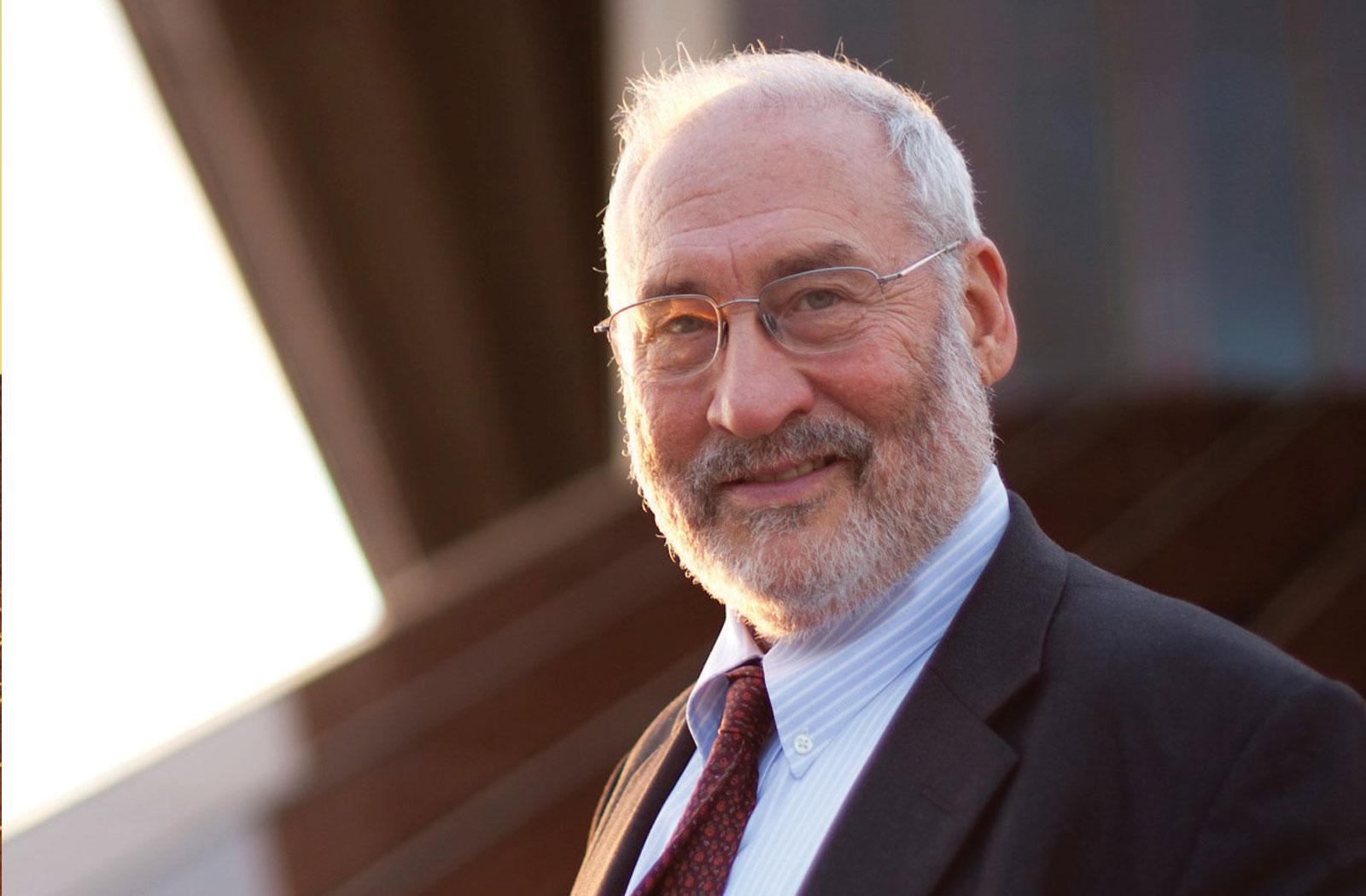
Noble Prize winner Joseph Stiglitz is one of the world’s leading economists and economic educators. In 2001, Stiglitz was awarded the iconic award because of his pioneering work on asymmetric information, which considers the broad effects of decision-making in transactions in which one side has better information than the other. A proponent of the New Keynesian model, he is currently a professor at Columbia University and Chief Economist of The Roosevelt Institute. Previously, he served as senior vice president and chief economist of the World Bank; and was a former member and chairman of the Council of Economic Advisers during the Clinton Administration. His enormous body of work in economics has been widely recognized on numerous occasions. Among his awards are more than 40 honorary doctorates, including degrees from Cambridge and Oxford. In 2011, Time magazine named him one of the “100 Most Influential People in the World."
Stiglitz's relationship with MIT began during his undergraduate years at Amherst College. During his senior year, he was given special permission to start taking classes on the nearby campus of MIT. This experience encouraged him to apply to MIT for graduate work, which he completed from 1966 to 1967. He stated that the particular style of MIT economics suited him well, describing it as "simple and concrete models, directed at answering important and relevant questions." During his doctoral work at MIT, he also held an assistant professorship at the university. In 1967, he graduated with a PhD in economics.
In August 2020, the Nobel laureate made a virtual return to his MIT roots after he agreed to take part in a webinar hosted by the University's Alumni Association. The event, which was moderated by MIT economics faculty member Glenn Ellison PhD ’92, allowed Stiglitz to share his research on the economics of COVID-19. After outlining factors that have exacerbated the current economic crisis, he added that risks of future viruses make global interdependence among different countries a necessity. "Whatever our disagreements, we have to work together to make sure we manage these risks.”
